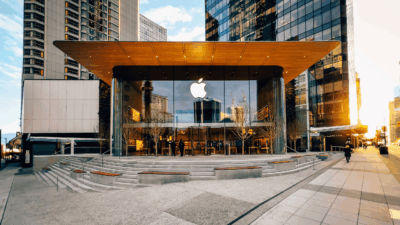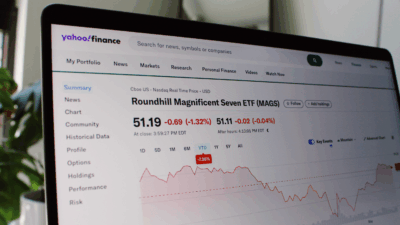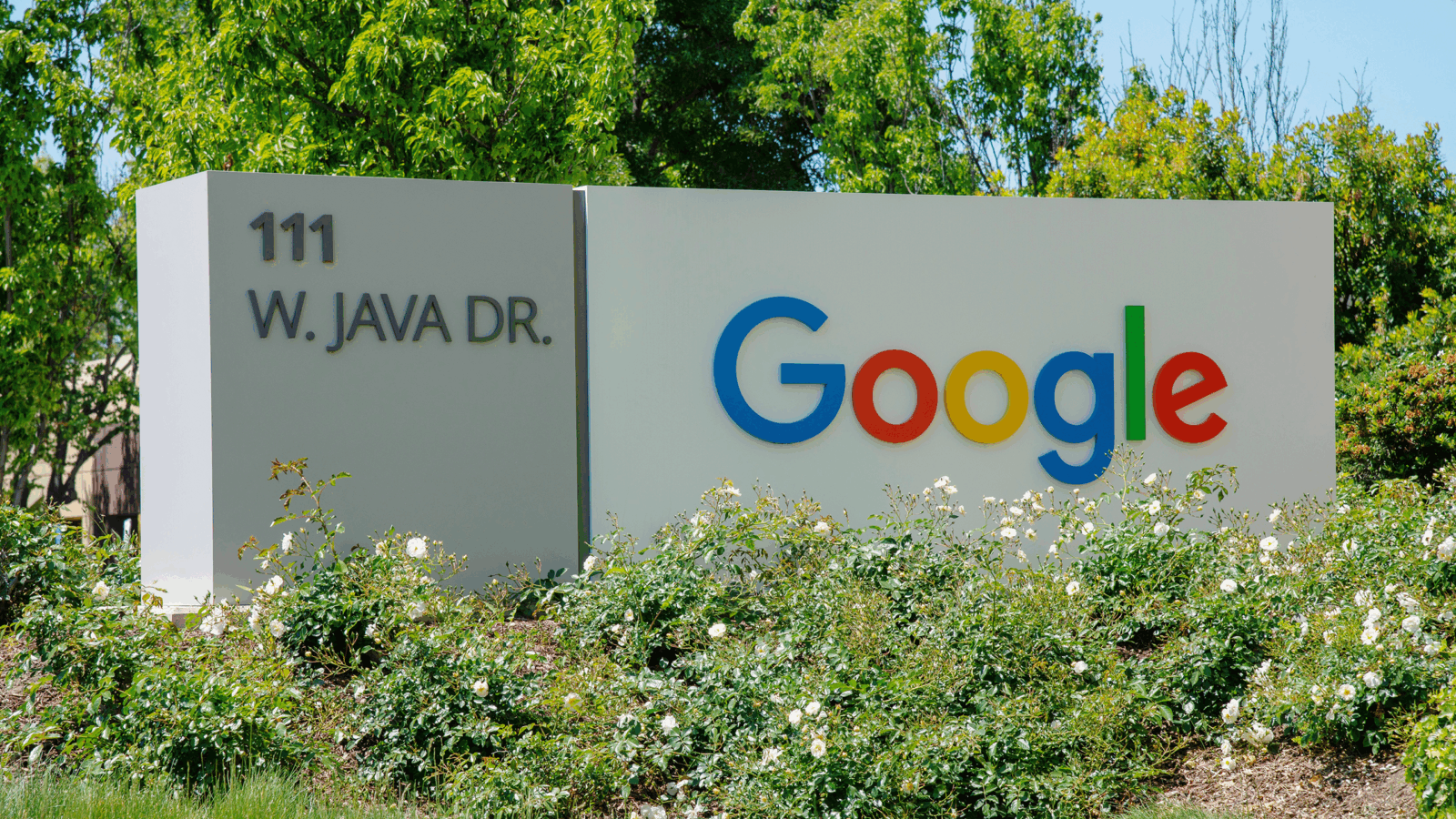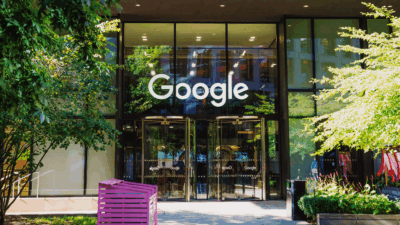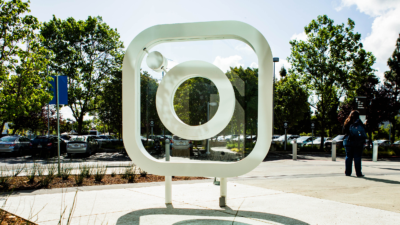Apple’s Vision Pro Headset Loses 25% of App Developers
The Vision Pro’s first year on the market — it went on sale in February last year — has not been a roaring success.
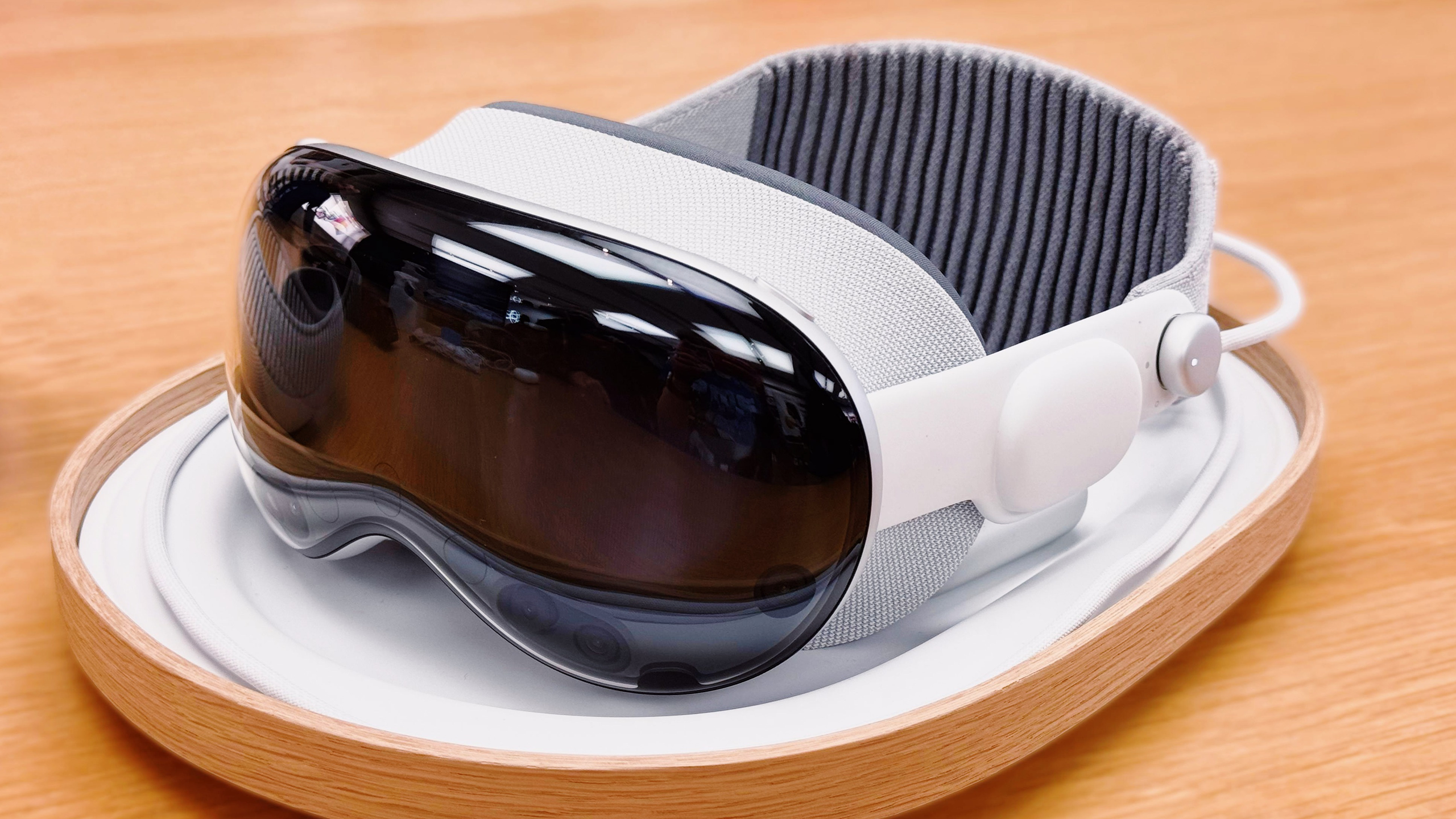
Sign up for smart news, insights, and analysis on the biggest financial stories of the day.
The metaverse can be a lonely place.
Figures from consultancy AppFigures, reported by CNBC on Friday, show that Apple’s mixed reality headset Vision Pro is losing developers. Developers for augmented reality or virtual reality or whatever-reality-you-want-to-live-in headsets translate to apps, and without them, there’s really nothing for you to do in the metaverse. Imagine an iPhone with no apps — isn’t that terrible? Or wait, is that just a telephone?
A Lack of Visionaries
According to AppFigures, there are currently 1,900 apps on the Vision Pro, which costs an eye-watering (and potentially eyeball-straining) $3,500. Apple said in August that it had 2,500 apps on the platform, so somewhere along the way, it has shed just under 25% of the apps it had six months ago.
The Vision Pro’s first year on the market — it went on sale in February last year — has not been a roaring success. Its high, high price point along with its fairly niche selling proposition as a productivity tool, rather than a gaming headset, meant Apple had to scale back its ambitions:
- According to a report from analyst Ming-Chi Kuo last year, Apple originally set a first-year sales target of 800,000 units for the Vision Pro but later slashed that number to 450,000.
- In October, The Information reported that Apple was significantly scaling back production of the headset, and that it was pressing pause on developing a next-generation headset to instead focus on making a cheaper version of Vision Pro.
Don’t Mess with Meta: For developers, the weak Vision Pro uptake is a reason to build apps for competing headsets that have more users, like Meta’s Quest VR models (formerly known as Oculus). An internal Meta memo seen by Business Insider said that Reality Labs, the wing of the company responsible for hardware including the Quest headsets, exceeded most of its sales and user expectations for 2024, notching 40% sales growth.


